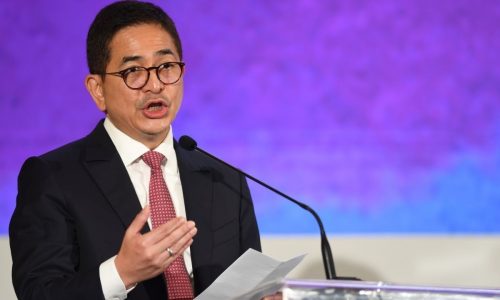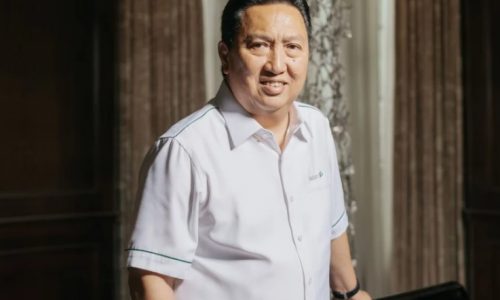Minister of Maritime Affairs and Fisheries, Sakti Wahyu Trenggono, says Indonesia’s vast marine biodiversity remains largely unmapped and underexplored, missing out on significant opportunities for marine biopharmacology.
Addressing the World Oceans Day event at the University of Indonesia in Depok, West Java, on June 6, 2024, the minister said that Indonesia’s marine resources are rich in biodiversity and marine life but are not yet fully mapped and explored, leaving a significant source of potential untapped.
“Marine biopharmacology development is highly promising due to its high economic value, particularly for the pharmaceutical industry,” Trenggono said.
Despite Indonesia’s vast marine resources, he noted that their full potential has not yet been realized.
According to data from the Ministry of Maritime Affairs and Fisheries, only about 19 percent of Indonesia’s seas have been mapped, with even less exploration of deep-sea resources.
This underutilization is particularly critical as Indonesia continues to import raw materials for pharmaceuticals. To address this, the government is pushing to reduce the country’s dependency on imported drugs and boost domestic pharmaceutical production to ensure national pharmaceutical resilience.
The minister urged the academic community of the University of Indonesia to participate in advancing research and innovation in marine biopharmacology.
Director General of Marine and Coastal Resources Management at the Ministry of Maritime Affairs and Fisheries, Victor Gustaaf Manoppo, highlighted the practical steps being taken, including the incorporation of active marine ingredients in drug production and their development within the country.
“Besides its vast potential, Indonesia’s marine resources play a crucial role in the national economy, food supply, climate change mitigation, and improving community welfare,” Manoppo said.
He believes that collaboration between the Ministry of Maritime Affairs and Fisheries, the University of Indonesia, and the involvement of younger generations can drive progress in the maritime and fisheries sectors, promoting a blue economy.
Dedi Priadi, Vice Rector for Human Resources and Assets at the University of Indonesia, expressed the university’s commitment to environmental sustainability.
“We hope that this discussion contributes to marine conservation efforts and supports community welfare through sustainable utilization of marine resources,” Priadi remarked.







